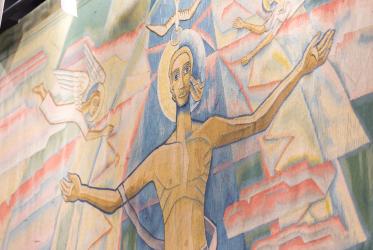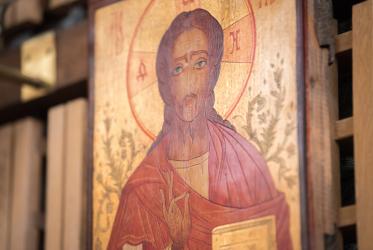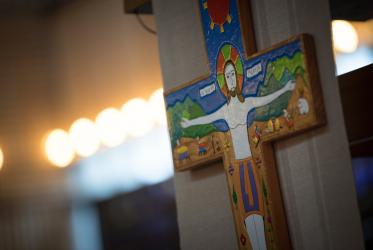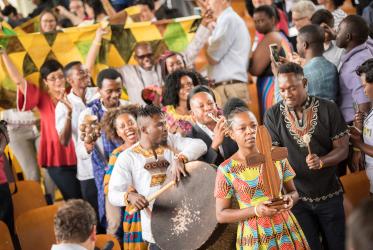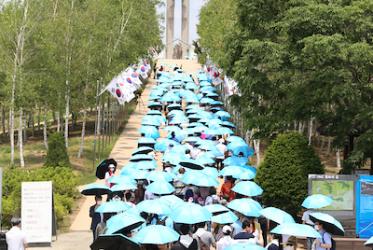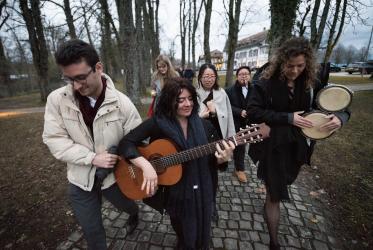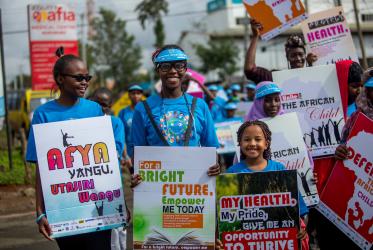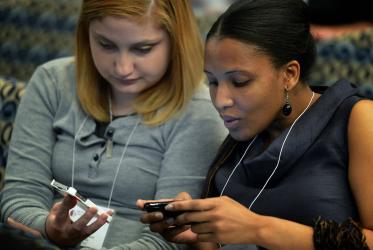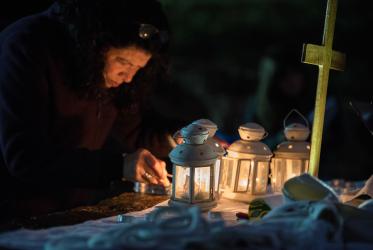Displaying 21 - 40 of 70
22 December 2021
11th Assembly Bible study - Ascension
21 December 2021
11th Assembly Bible study - Easter
20 December 2021
11th Assembly Bible study - Holy Week
20 December 2021
11th Assembly Bible study - Lent
20 December 2021
11th Assembly Bible study - Epiphany
20 December 2021
11th Assembly Bible study - Advent and Christmas
25 November 2021
Happy Birthday, Dear WCC!
23 August 2021

